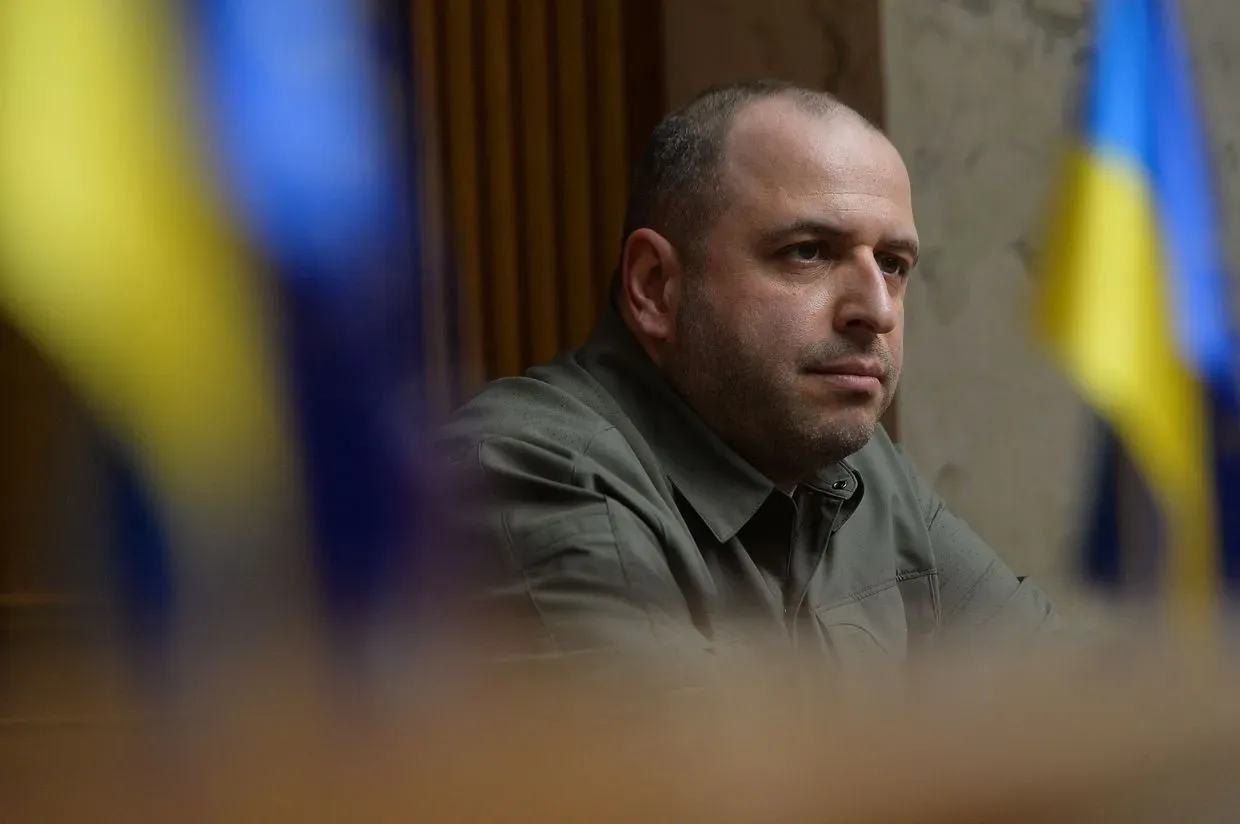'No one has seen it yet' — Zelensky slams Russia for stalling on ceasefire memorandum ahead of Istanbul talks

Editor's note: The story was updated to include a statement from Russia's Foreign Ministry.
President Volodymyr Zelensky on May 29 accused Russia of stalling the peace process by failing to deliver a promised negotiations memorandum, warning international partners that Moscow is trying to deceive those still relying on diplomacy over pressure.
"Even the so-called memorandum they promised and claimed to be preparing for more than a week — no one has seen it," Zelensky said. "Ukraine hasn't received it. Our partners haven't received it. Even Turkey, which hosted the first meeting, hasn’t received the updated agenda."
Russia's Foreign Ministry previously claimed its delegation, led by presidential aide Vladimir Medinsky, would present the ceasefire framework at the June 2 talks, proposed by Moscow.
Russian Foreign Ministry spokesperson Maria Zakharova confirmed on May 29 that the same Russian delegation, led by Medinsky, will attend the new round of peace talks in Istanbul.
Ukraine's Defense Minister Rustem Umerov said Ukraine has already shared its position paper with Russia.
Speaking after a high-level meeting with Umerov, Foreign Minister Andrii Sybiha, and presidential chief of staff Andrii Yermak, Zelensky said Ukraine is maintaining daily coordination with allies ahead of another round of talks in Istanbul.
Zelensky called for renewed international pressure on Russia, saying, "Words don't work with Moscow. They are doing everything to make these meetings meaningless. That is why sanctions and real pressure on Russia are essential."
Turkish Foreign Minister Hakan Fidan, whose country hosted the May 16 negotiations, said Ankara expects Ukrainian and Russian positions to come closer.
"If there's a diplomatic achievement here, it's not just thanks to Turkish diplomacy, but to the fact that both sides have been willing to talk and that these talks have led to tangible outcomes," Fidan said on his way to Kyiv, where he is expected to meet Sybiha and Zelensky.
Before his visit to Kyiv, Fidan met with Medinsky and Russian Foreign Minister Sergey Lavrov. Fidan said that during the visit, Turkey shared its vision of realistic conditions that could help make a ceasefire attainable.
"We conveyed Turkey's determined efforts in this matter to (Russian President Vladimir) Putin, the chief negotiator, Foreign Minister Lavrov, and the intelligence chief. As a key regional actor, Turkey has shared its perspective on the realistic parameters that could make a ceasefire achievable,” Fidan said.
He also added that Russia's current demands for a ceasefire are putting Moscow in "a relatively weaker position."
"(U.S. President Donald) Trump expressed a firm desire to see an immediate ceasefire. This encouraged Ukraine and Europe to align more flexibly with the U.S. stance. However, Russia did not show the same flexibility, which has placed it in a relatively weaker position in the eyes of both the U.S. and other proponents of the ceasefire," he said
Russia has repeatedly claimed that it would agree on a ceasefire in case the so-called "root causes" of war in Ukraine are addressed, meaning its long-standing maximalist demands of Kyiv — the same ones it has voiced since the start of the full-scale invasion and has used as propaganda to justify its aggression against Ukraine.
Among them, Moscow insists Kyiv withdraw from four partially occupied Ukrainian regions it claims to have annexed.
Russia's memorandum also reportedly includes a written pledge that NATO will not expand further eastward, effectively blocking Ukraine, Georgia, and Moldova from joining, as well as the lifting of some Western sanctions, resolution of frozen Russian assets, and "the protection of Russian-speaking Ukrainians."











